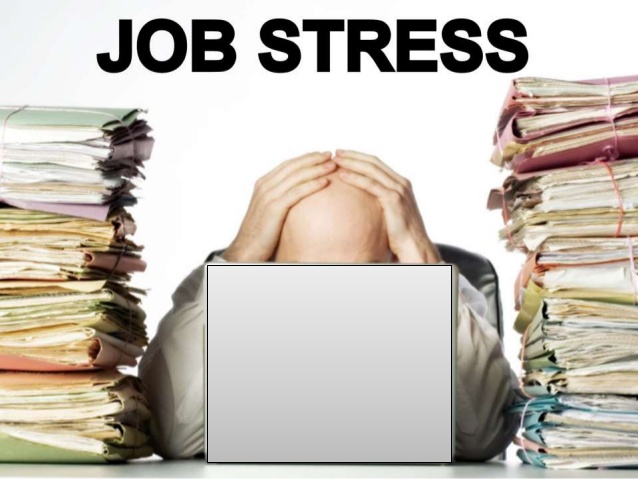
Research indicates job-related stress can impact well-being, but I think many of us could have contributed to that research because we’ve experienced job stress. Experiencing stress on a busy day, or when not meeting a deadline is common, but when there is chronic work stress, it can become harmful to your physical and emotional health.
There are certain risk factors that are linked to job stress:
- low salary
- excessive workload
- lack of challenge or engagement
- lack of social support
- no opportunity for growth
- excluded from decision-making
- relationships at work
- role conflict or unclear role
- low staff morale, poor communication
- unsafe or uncivil workplace environment
- conflict between work and home life
Signs you may be stressed at work:
- Feel tired
- Muscle tension
- Headaches
- Trouble sleeping
- Negative feelings about going to work
- Increased complaining at work
- Irritable or withdrawn at work
- Easily annoyed or frustrated at work
Way you can manage stress:
- Write it out: Keep a log of your feelings, events that increased your stress, and how you reacted. You should see a pattern and be able to pinpoint what is causing the stress.
- Learn healthy coping skills: Self-care, exercise, eating healthy, having a day out with friends, getting enough rest, take time to relax, and make sure you take your breaks and lunch at work.
- Create boundaries: Don’t work off the clock, you need time to unwind. Avoid engaging in work-related talk or activities outside of work on most days. Take time off periodically to rejuvenate.
- Address issues: If there are issues that you can help to improve, take the initiative. Offer solutions. Ask how you can help the problem. Talk to your supervisor about things that are not being addressed, but be prepared to have a solution. Sometimes the issue isn’t work-related, but stemming from another area in your life. Make sure you recognize this, and determine your best plan of action.
- Find your support: You may have a co-worker you can talk to, friends, family. If you are struggling and feeling overwhelmed, you may benefit from speaking with a therapist or checking out your employee assistance program.
Most of us spend more time at work than we do at home (awake). It is important to feel engaged and productive when working. If you find yourself with any of the listed symptoms of workplace stress, acknowledge it, and take action so it does not progress to the point of harming you physically or mentally.

